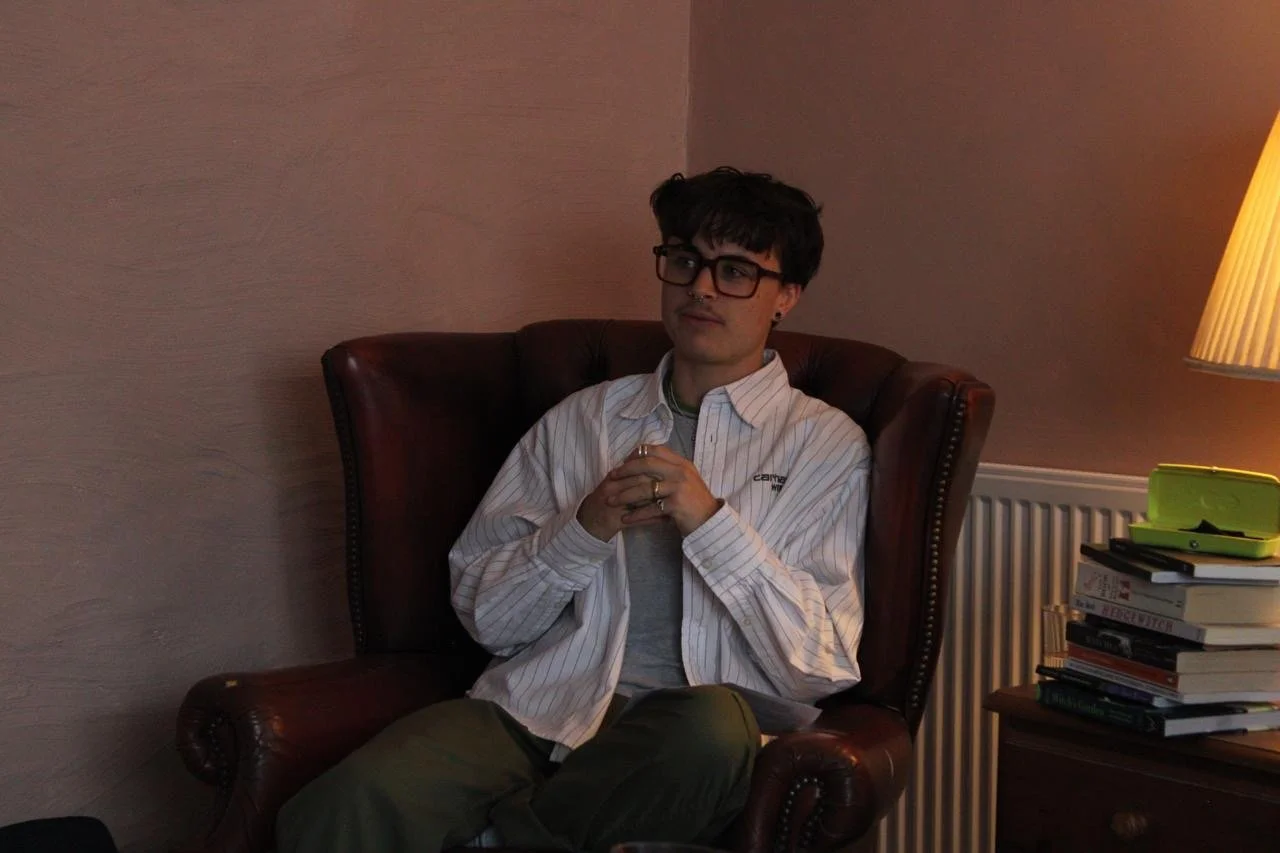FULLY BOOKED - EMAIL ANDI TO BE PLACED ON THE WAITING LIST FOR ANY SPARE PLACES — andisearle0@gmail.com
Come, celebrate the magic of Samhain in a night of stillness, grief and ritual. Move into the spaces between the boundary of life and death at a time where it is at its thinnest. The fields are fallow and all of nature is resting; There is an atmosphere of weirdness in the autumnal mists and smoking colours of evening. The shore between land and water is a border place, a holy place, and we sit on the threshold of winter. Samhain, the pagan New Year, is a doorway to the hard months of winter to come.
Bring an open mind and a heart ready for stillness and meditation. Bring paper and pens (especially red ones), some sort of edible offering and, if you feel comfortable, a personal item of people lost, this could be a picture, a trinket or some paper with their name written on (these will be placed on the altar for the ritual).
This ritual will involve complex discussions of grief and a meandering into the tricky waters of loss. There will also be moments of meditation, communion and movement like dance. This is a space for emotional exploration but it is important to note that it is not a therapeutic space.
Structure
The ritual will follow this loose structure:
Short meditation / quiet reflection (10 mins)
Communal discussions of spirituality, grief and lost loved ones (1 hour)
Ritual including recitation, moments of quiet remembrance, walking and moving around central alter, eating communion (20-30 mins)
Closing moments of discussion and quiet
Tickets
This is a limited capacity event, message @a_ndi.s on Instagram or email him at andisearle0@gmail.com to book and for more info!
TW: discussions of death, grief and loss
Facilitator
Andi is a poet, activist and community leader living and working in Penryn. He is a practising witch, and his work is inspired by Cornish landscape and folklore. He is currently researching witchcraft history and practices and shares this knowledge with community in many ways, including a recent talk at Rad Ed and by leading regular communal rituals.

